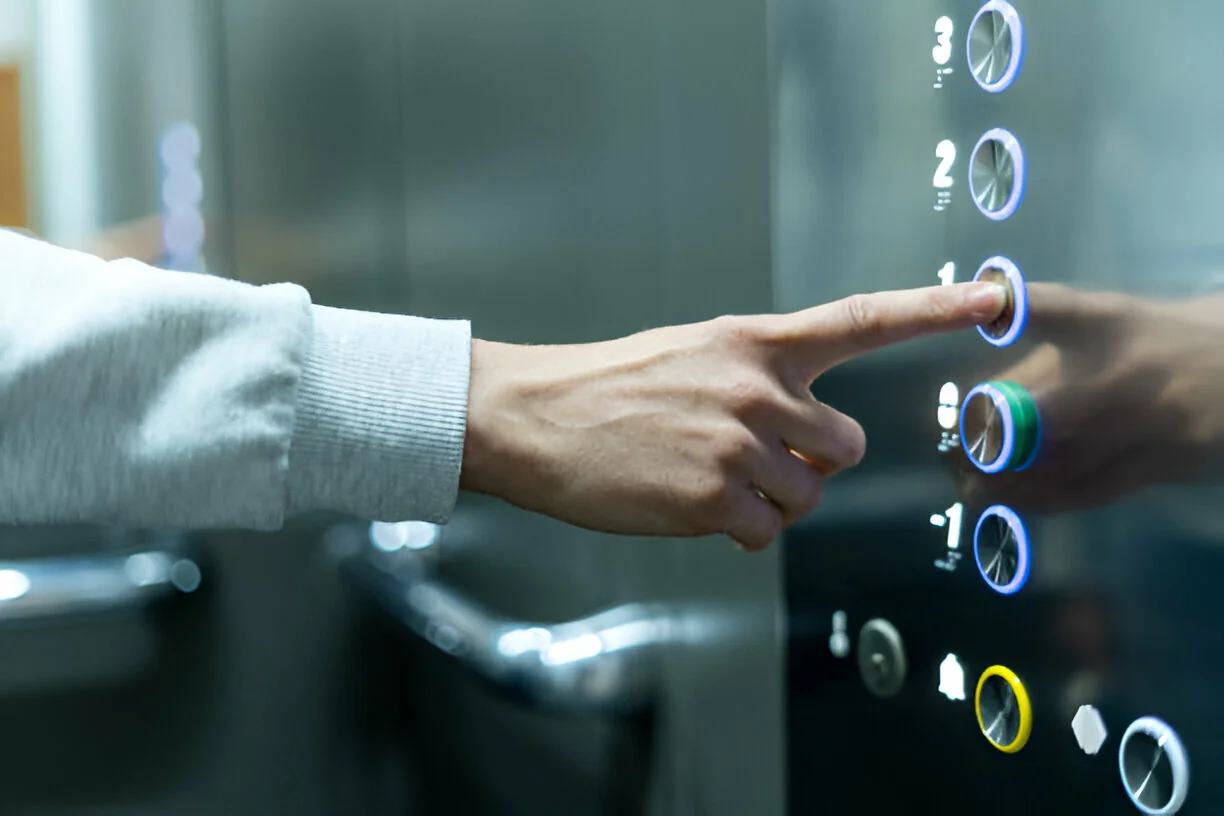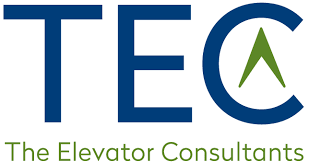Overtime callbacks can be a drain on a building’s budget and annoyances, often resulting from issues that could have been prevented with a more proactive approach.
What Buildings Should Do to Avoid Elevator Overtime Callbacks
To avoid these unnecessary and costly fees, here are a few strategies every building should implement:

Track Service Calls and Response Times
Keeping a detailed log either on paper or electronically, of when service calls are made and how quickly the service provider responds is crucial. One common scenario is a building making a service call at 11:00 am and having the provider arrive at 4:30 pm, subsequently leading to exorbitant overtime charges. To avoid this:”
- Document Call Times: Record the exact time a service call is made. Use the elevatorapp.com, an app developed strictly for buildings with elevators.
- Monitor Response Times: Secondly, note the service provider’s arrival time.
- Assess Service Efficiency: If response times are consistently poor and not with in your contracted time an elevator consultant can help with this situation or the building can address with the service provider.
Analyze Callback Patterns
Not all callbacks are created equal. Some issues may be repetitive and indicate a deeper problem that wasn’t fully addressed in previous visits. To manage this:
- Identify Repetitive Issues: Keep track of recurring problems. If the same issue arises repeatedly, it suggests that the root cause was not resolved. The question then becomes should the repeat calls be covered.
- Verify Fixes: Ensure that issues reported during previous service calls were actually fixed. Have the elevator service provider document the work that was performed. Incomplete repairs can lead to ongoing callbacks, increasing both downtime and costs not to mention frustration levels at the building and for tenants.
Inspect Elevator Doors for Obstructions
One of the most common causes of callbacks is elevator doors failing to close properly due to obstructions. Simple, regular inspections can prevent these issues:
- Check Door Sills: Look for and remove any gum, debris, or objects like luggage or carts that might obstruct the doors.
- Routine Cleaning: Ensure that the door tracks or sills are kept clean and free from debris and obstructions to avoid unnecessary service calls.
Maintain Optimal Machine Room Conditions
The environment of the machine room can significantly impact the performance of elevator systems. An elevator system is designed to run at optimal temperatures to avoid failures or issues. To avoid temperature-related issues:
- Control Temperature: Ensure the machine room is neither too hot nor too cold. Extreme temperatures can cause elevator malfunctions.
- Check HVAC Systems: Regularly maintain the air conditioning and heating systems to ensure the machine room remains within the optimal temperature range.
Implement Preventive Maintenance Programs
Preventive maintenance is key to avoiding breakdowns and the subsequent overtime callbacks. Here’s how to ensure an effective preventive maintenance program:
- Scheduled Maintenance: Establish a routine maintenance schedule based on the elevator’s specific needs and usage. Track this, keeping basic notes or using a system like ElevatorApp.com which is less than a cup of coffee is critical.
- Log Maintenance Visits: Keep detailed records of all maintenance activities. Use tools like ElevatorApp.com to track when maintenance is performed, what was done, and any parts that were replaced.
- Quality Assurance: Regularly audit your logs or ElvatorApp.com to validate maintenance work, ensuring it meets the required standards and that service providers are fulfilling their contractual obligations. Additionally, this is an automated feature in the ElevatorApp.com, and an elevator consultant can also assist with this.
Never Attempt DIY Fixes
While it might be tempting to fix minor issues yourself or look at the equipment, this can lead to bigger problems and should never be done. Instead:
- Information Gathering: Train staff to perform basic inspections and gather information about the issue without attempting to fix it.
- Professional Repairs: Always leave actual repairs to certified elevator technicians.
Keep Detailed On-Site Records
Accurate record-keeping is essential for verifying the accuracy of service provider charges and ensuring that maintenance activities are properly documented:
- Log Service Visits: Record either manually or electronically when the service provider is on-site, what work was done, and any parts used.
- Compare with Invoices: Use these records to verify that billing from the elevator service provider matches the work actually performed.
· Audit Regularly: Periodically review these records to ensure accuracy and completeness.
Review and Optimize Maintenance Contracts
A well-structured maintenance contract can help avoid unnecessary overtime charges. Ensure your contract includes:
- Clear Terms: Define what services are included and excluded.
- Performance Clauses: Include clauses that tie compensation to performance metrics, such as uptime and response times.
- Regular Reviews: Periodically review the contract to ensure it still meets your building’s needs
By implementing these strategies, buildings can significantly reduce the frequency and cost of overtime callbacks, ensuring elevators operate smoothly and efficiently while maintaining a safe environment for all occupants.
